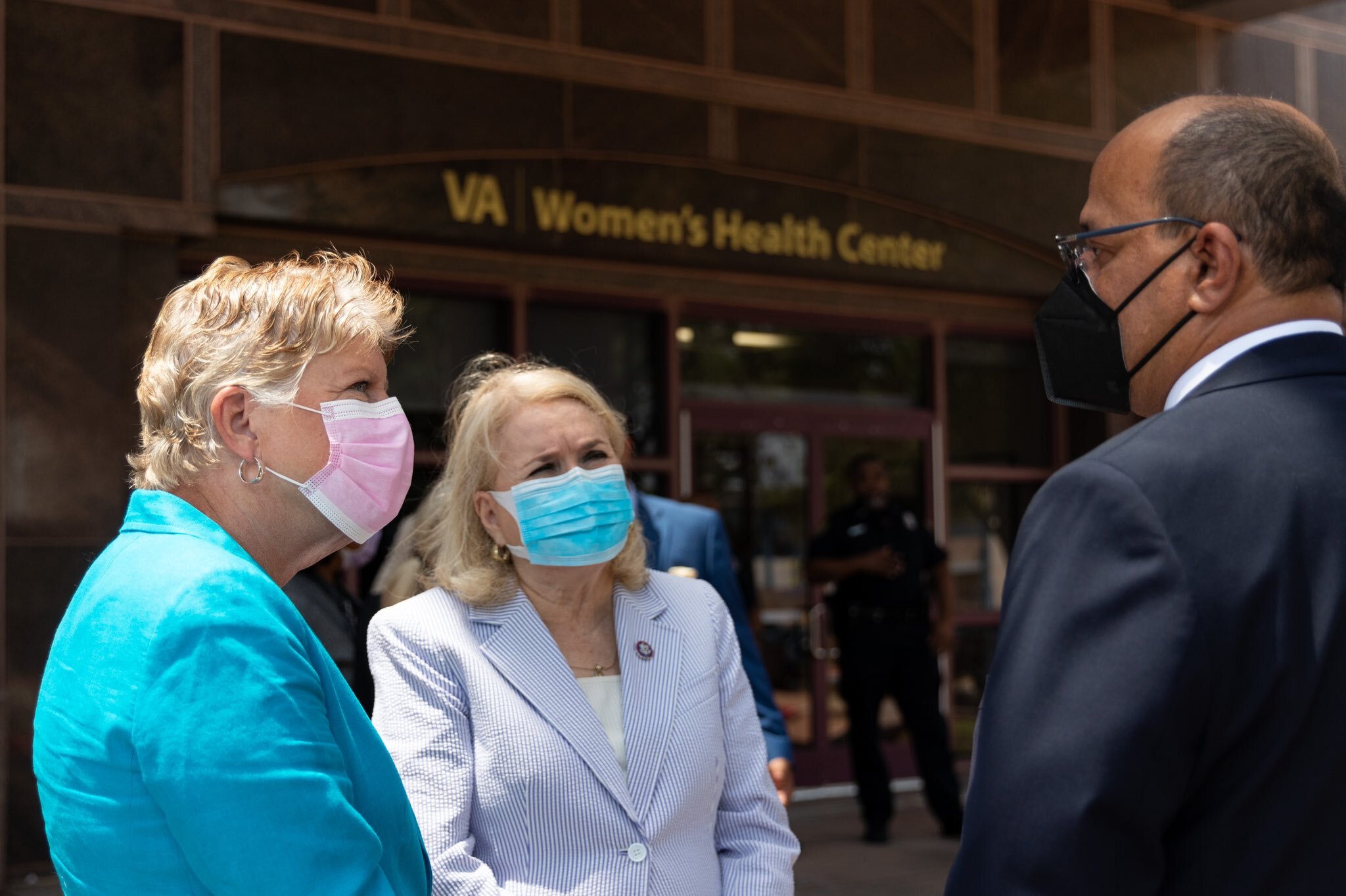
Washington, DC – Today, Congresswoman Brownley (D-CA) introduced the Equal Access to Contraception for Veterans Act, legislation which would provide women veterans access to the same no-cost contraceptive care as their non-veteran counterparts.
“Choosing when, or if, to have a family, is essential to women’s health and to their economic security,” said Congresswoman Julia Brownley. “Yet, the health needs of women veterans go unaddressed in a VA system that has not evolved to equitably serve a changing population. The Equal Access to Contraception for Veterans Act addresses a critical disparity that prevents women veterans from having equal access to basic contraceptive services, and I am working with my colleagues to ensure we fix this glaring gap in care for women veterans.
“I remain committed to identifying disparities in healthcare for women veterans and, where necessary, to introduce, advocate, and pass legislation that addresses those gaps. Our veterans have sacrificed so much for our country, it is past time we ensure all veterans have equal access to health care, including contraceptive care.”
Background
Women veterans make up the fastest growing group of veterans enrolling in the U.S. Department of Veterans Affairs (VA) health care. Yet, many of their health needs go unaddressed in a VA healthcare system that has not evolved to equitably serve a changing population. This includes accessing basic contraceptive services without a co-pay.
Under the Affordable Care Act, all women using civilian health insurance may access basic contraceptive services without a co-pay. Active-duty servicemembers also have access to contraception without co-pays through TRICARE. Unfortunately, women veterans using VA healthcare are currently denied this access.
The benefits of contraception are widely recognized and eliminating cost-sharing barriers can greatly improve access to the full-range of contraception and related counseling that improves women’s health. The Equal Access to Contraception for Veterans Act is a significant step toward ensuring all women have access to comprehensive contraceptive care.
Brownley’s bill has passed the House of Representatives several times, but continues to be blocked by Republican Senators. On June 24, 2021, the bill passed the House by a vote of 245 to 181. On September 23, 2020, the bill passed the House by a voice vote. Brownley also attached her bill as an amendment to the FY2023 National Defense authorization Act, which passed the House on July 14, 2022 by a vote of 329 to 101.
On the House floor, Republicans who opposed the bill in 2021 argued against women’s rights to contraception entirely. Their comments opposing women’s rights to contraception are available in the Congressional Record here.
Read the full text of the bill, here.
###
Issues: 118th Congress, Healthcare, Veterans' Affairs